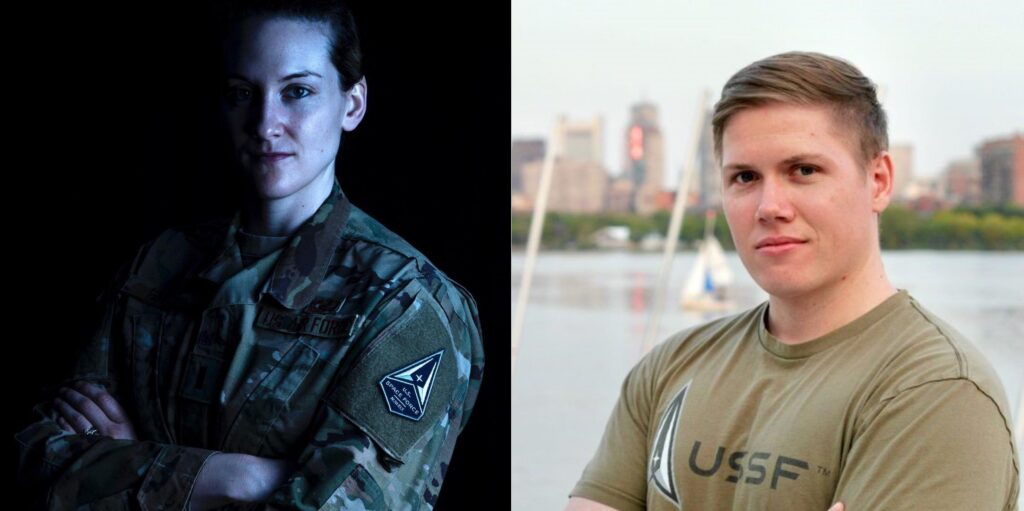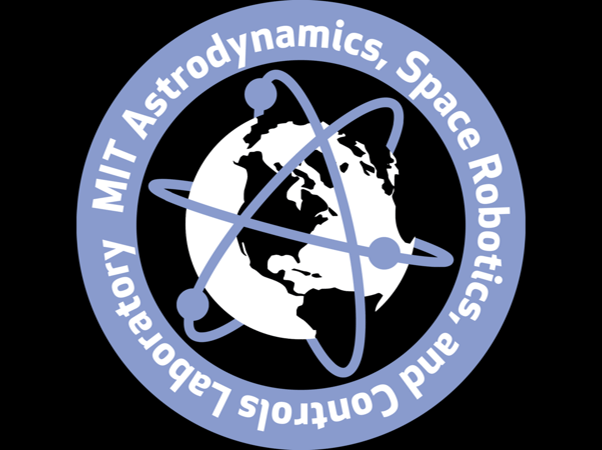This seminar introduces research topics from MIT’s Astrodynamics, Space Robotics, and Controls Lab and the Space Enabled research group. Topics will cover: multi-agent reinforcement learning approaches for scalable ground-based sensor tasking; modeling the population evolution of lethal non-trackable objects in LEO using the MIT Orbital Capacity Tool; comparison of simulated data using the NASA Standard Break-up Model and empirical data collected by the Space Fence radar; utilizing the Space Sustainability Rating for emerging space nation missions; modeling NASA collision avoidance actions using the Environment-Vulnerability-Decision-Technology framework; and continuing supervision of in-space servicing activities from a US Government Stakeholder perspective using Systems Architecture Framework.
The seminar will be held Monday January 21st at 14:30 in BL.27.13.
Captain Jacqueline Smith is a Chief of Staff Captain’s Prestigious PhD Fellow at the Massachusetts Institute of Technology (MIT). She is currently pursuing research in Space Policy and Sustainability in the Aeronautics and Astronautics department at MIT in collaboration with the Space Enabled division of the MIT Media Lab. Previously, Capt. Smith served as the Digital Transformation and Innovation Officer for Space Launch Delta 45, project lead within the Space Force Headquarters Chief Technology and Innovation Office (founder of the Supra Coders program), and Director of Space CAMP (a software factory focused on the continuous development and deployment of space command and control applications). Captain Smith has a B.S. in Mathematics from the University of New Mexico and an M.S. in Electrical Engineering from the University of Colorado at Colorado Springs. Captain Tory Smith earned his bachelor’s degree in Electrical and Computer Engineering from the Ohio State University before commissioning into the United States Space Force (USSF) through the Technical Degree Sponsorship Program. His first assignment was at the Air Force Research Lab Space Vehicles directorate working on Multi-Agent AI systems. He then became a founding member of the Space CAMP software development factory in Colorado Springs working on various software applications for the National Space Defense Center. Subsequently, he was recruited by the USSF Chief Technology and Innovation Office as a project lead for service-wide digital education initiatives including Digital University and the Supra Coders program. He is currently pursuing his Master’s degree in Aeronautics and Astronautics at MIT within the Astrodynamics, Robotics and Controls Lab focusing on Multi-Agent Sensor Tasking under the advisement of Dr. Richard Linares.


